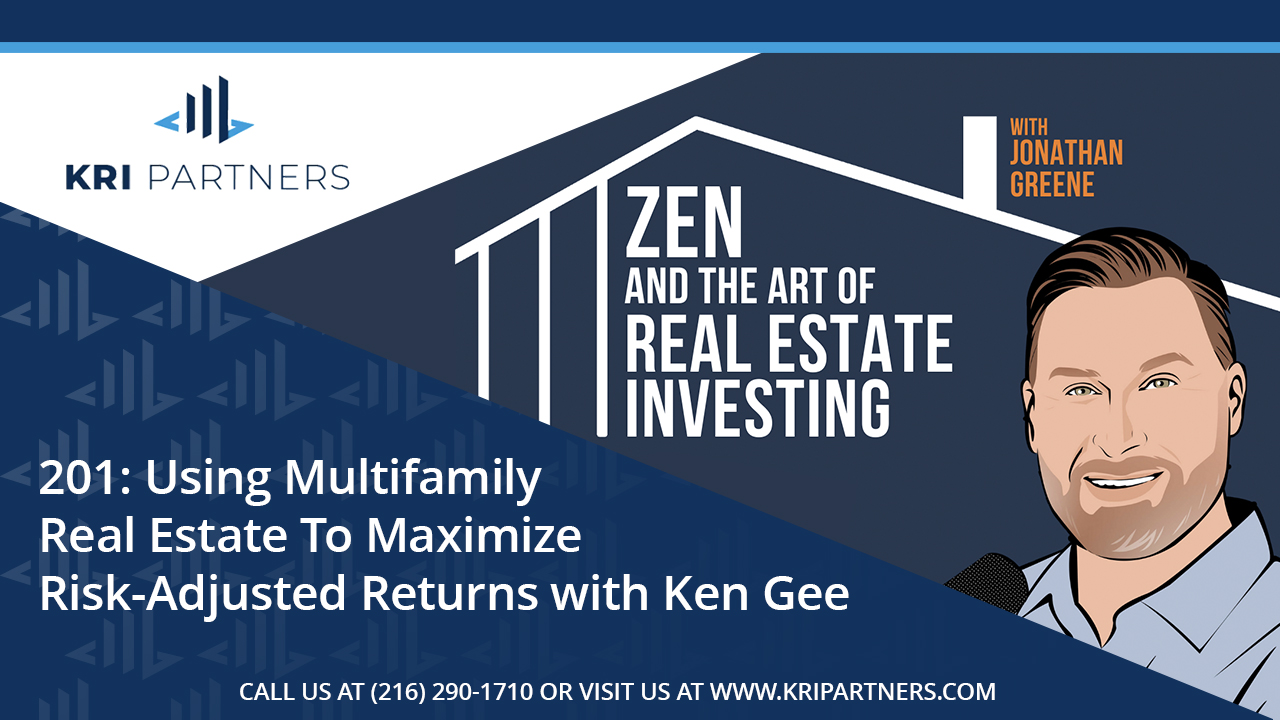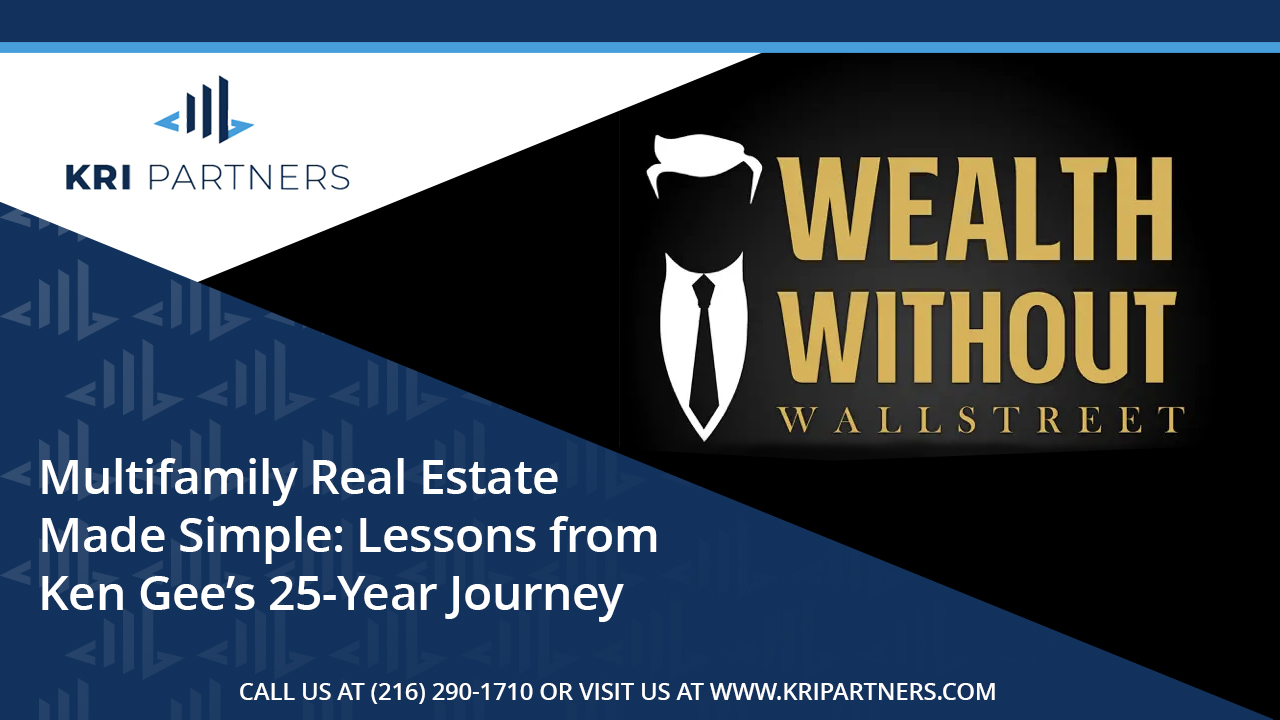Everyone knows you can make a ton of money in real estate. You just need to figure out how you can make some of that money. You have tons of options.
- Retail
- Hotel
- Warehouse
- Single-Tenant
- Office
- Medical
- Multifamily
Let’s investigate the types of real estate investments available to you. The risks associated with these investments are many, but I will focus on just the most obvious risks.
Types of Real Estate Investments
Retail – This asset class is exactly what you would think it is. A good example of this investment would be a strip mall with many different retail stores. The income stream is somewhat diversified because you have many different tenants, however, the success of your investment is highly dependent on the economy. You also have to deal with the risk that the retail industry is coming under tremendous competitive pressure from online retailers. Finally, when vacancies do occur in this asset class, they tend to take longer to fill, reducing your revenue stream. It is for these reasons I don’t like recommending this type of real estate investment to beginners. Just too many risks that you can’t control.
Hotel – The biggest problem I have with hotels is their dependence on the economy. Just think about what the recent pandemic did to this industry. Some hotels cater to the business traveler, and some cater to the leisure traveler. Either one is very much dependent on the economy. They also carry a lot of what I call execution risk – the risk that the hotel operator does a good job and is able to develop a solid reputation with its brand and with its client base. You can find much less risky real estate investment options. Most people should pass on this one.
Warehouse – A warehouse project can be a single tenant or multi-tenant warehouse. If it is multi-tenant, the risk is lower than single-tenant, but the real concern I have with this asset class is its dependency on the overall economy. Again, this asset class also would not be my first choice for beginners.
Single-Tenant – This too is exactly like it sounds. It can include all types (office, medical, triple net leases, warehouse, etc.). With this asset class, there is no diversification. Success, in this case, is binary – either you are successful, or it is a complete failure. I generally don’t like investments that are dependent on the success of one other party. You should pass on this one too.
Office – Investing in office space usually means your income stream is fairly diversified, assuming there are several tenants. The downside here is your dependence on the economy and the changing preferences of companies and workers to move toward remote working scenarios, especially after the Pandemic. There are lower-risk options!
Medical – This is not a bad option, assuming the property caters to multiple doctors in various fields. The medical field is also usually not dependant on the economy. Of the non-residential property types, this one is probably one of the least risky and most stable. Having said that, I have no experience with this type of investment and therefore, can’t with a conscience, recommend something I am not intimately familiar with.
Multifamily – What I can, and do recommend, is multifamily investments. It is generally a relatively lower risk investment with multiple revenue sources (usually multiple tenants working in multiple industries) and is generally not catastrophically impacted by economic downturns.
Everyone needs a place to live, and though the economy causes some consolidation (boyfriend moves in with a girlfriend, a child moves back with a parent, etc.), the risk is somewhat muted. Because of these reasons, I can’t find a more stable, lower-risk property type.
Now that you understand why I like multifamily real estate investments, what kind of multifamily real estate should you buy?
Types of Multifamily Real Estate Investments
There are many different kinds of multifamily investments to consider. Let’s look at the different types.
- Airbnb – This gives you the opportunity to rent out the home you live in or to buy a property and rent out to others on a very short-term basis. The most common use is for short-term rental to travelers visiting the area in which your property is located.
There are some upsides to this asset class and a few downsides. The most obvious one is the fact that it is very labor-intensive. You almost have to run it like a hotel. You have reservation issues, cleaning issues, linens, and tableware to clean and maintain, etc. It can be quite a challenge to put all the services in place and manage them. Definitely does not sound like an investment. Sounds more like a job!
- 1-4 Family Property – Most people think of this when they think of real estate investing. This type of real estate is too small, and you won’t be able to run it as a business. Because of the limited amount of income you receive, you won’t be able to hire people to do the work so you will likely have to do the work yourself. As a result, this often turns out to be a job instead of an investment. That’s fine if that’s what you’re looking for.
One of the other major problems with this type of investment is the competition you face when purchasing it. If you are trying to use it as an investment, the amount you pay should be dependent on the ability of the asset to produce cash flow. The problem is, many other people trying to buy this same type of property have different motivations for buying. For example, some people may want to live in one unit and hope to find a tenant to help offset some of the expenses. Or, they may simply fall in love with the property. This can make it extremely difficult for you to find an asset that is priced so you can actually make money on it.
- Condos – The same issues I just discussed above, also apply here. With this type of real estate, you won’t be able to run it as a business either. It’s important to remember what qualifies as a business. You have a business when you are able to hire other people to do all or the majority of the work that needs to be done while making a profit. This type of investment probably won’t allow you to do that.
- Apartment Property That is Less Than 75 units – With this apartment property size, you can start to treat it as a business, although you probably will have trouble affording a management company to do the day-to-day tasks. As a result, you will likely have to be significantly involved in running the show.
If you have a lot of time on your hands, then maybe this is right for you. Assuming you haven’t done this before, you will be embarking on a journey of starting to learn about the real estate business and every detail associated with running an apartment community. You will definitely learn from your own mistakes!
- Larger apartment buildings (larger than 75 units) Now we’re talking! This is the GAMECHANGER! This is where the money is and where the true possibility of wealth building through real estate investment lies.
- You can run it like a business. There is usually enough income to hire people to do the work.
- The property is usually priced based on its ability to generate income and is much less affected by buyers’ emotions.
Here’s the GAMECHANGER…
There are people every day earning amazing returns – even 20%, 25% 30%+ annual returns on these larger apartment deals. And they are doing it using a relatively lower risk asset class (multifamily). So, you have the potential for extraordinary returns on an asset class that is relatively lower risk.
That is an investment scenario I really like a lot!
I know I took you painstakingly through my thought process on the types of real estate investments, but I think it is important to understand HOW I arrive at my conclusion of multifamily real estate investments, rather than you just taking that leap of faith and taking my word for it. Remember, it’s always about the journey!






